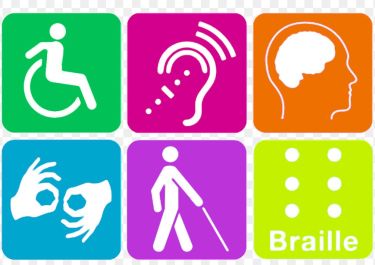The Solfagnano Charter: the first G7 meeting on disability and inclusion

On 14-15-16 October 2024, a G7 meeting was held in Assisi and Solfagnano, chaired by Italyfor this year, which for the first time in its history dealt with the issues of inclusion and the rights of persons with disabilities.
These days were dedicated to the discussion about the priorities that have been identified by member States’ and that should guide their future policies on inclusion and disability. The day on 15th in particular was also attended by relevant civil society associations and experts from all over the world.
The competent ministers of the G7 member States (for Italy Alessandra Locatelli, Minister for Disability), together with the European Union Equality Commissioner Helena Dalli and the competent Ministers of Kenya, South Africa, Vietnam and Tunisia, invited to take part in the event, recognised that persons with disabilities too often experience situations of exclusion and discrimination that undermine the full enjoyment of their rights and access to services, thus precluding the full realisation of persons with disabilities and their full participation in all aspects of political, civil, educational, economic, cultural and social life. For this reason they commit themselves to mainstream the rights of persons with disabilities in all policy agendas and to concretely guarantee an independent life, decent working conditions, availability and adaptability of community services to all citizens with disabilities.
With this aim in mind, during the conclusion of the meeting, the Solfagnano Charter was signed, a declaration of intent that identifies 8 central nodes for the full inclusion of persons with disabilities in society:
- Inclusion as a priority issue in the political agenda of all countries;
- Access and accessibility;
- Autonomous and independent life;
- Enhancement of talents and work inclusion;
- Promotion of new technologies;
- Sports, recreational and cultural dimensions of life;
- Dignity of life and appropriate community-based services;
- Prevention and management of emergency preparedness and post-emergency management situations, including climate crises, armed conflicts and humanitarian crises.
Another principle set out in the Solfagnano Charter is that of “nothing about us, without us”, central to the United Nation Convention on the Rights of the Persons with Disabilities (UNCRPD), which emphasises the basic importance of the inclusion and active participation of persons with disabilities in all decision-making processes that affect them.
In conclusion, the leaders pledged to collaborate with all international bodies and institutions that deal with the rights of persons with disabilities worldwide and to bring the topic of inclusion to subsequent G7 meetings, also in subsequent presidencies.

